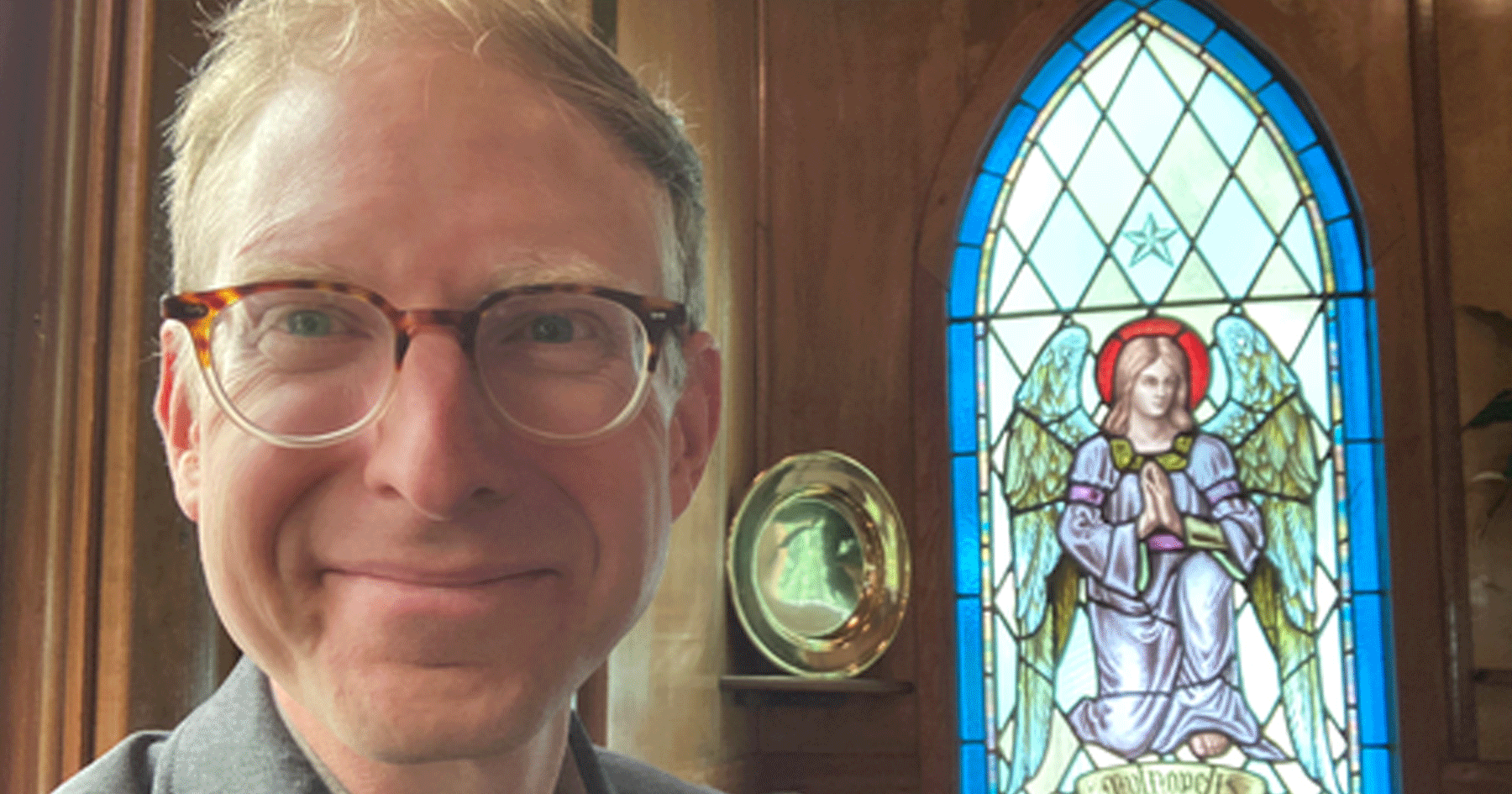In the early 2000s, all across North America, a new conversation about church was brewing. Younger people from a variety of denominational streams were waking up to the reality that the church as it had been in the 1980s and 1990s was no longer connecting with Gen Xers or younger.
Youth pastors and younger leaders had this overwhelming sense that if the church was going to connect with their contemporaries, something had to change. The vernacular that had worked for those in earlier generations still worked in many ways for those people. It worked for some, but it was not the spoken language of Xers let alone the coming Millennials.
What started as independent experiments in ministry across the continent grew in the early part of this century, becoming a movement that–while short lived–changed the face of the church in many places. It certainly changed me.
In living rooms and cafes, in reclaimed sanctuaries and parking lots, the Emerging Church movement took what was old and made it new again. They did all of this on a shoestring budget. No centralized funding model. Little–if any–denominational support. These churches grew up adjacent to a number of denominations, but rarely at their centre. In fact, very few denominations – especially in Canada – knew what to do with these emerging congregations growing up on their fringes.
They were Christian, absolutely they were, but for the cadre of denominational leaders who had invested so much in the management guru church-growth models of the 80s and 90s, these plucky little churches were more punk rock than bubble gum pop. This was an era of DIY experimentation, of communities coming together, organizing together, co-creating together, an experience of church that spoke out of and spoke to their particular cultural context.
It was a movement that claimed that people shouldn’t have to culturally commute to engage in Christian community. Christian faith and its practice was not simply a global monolith. It also had to read the local context. Listen to the local context. Speak the language of the local context. Church was not a refuge from the world, but a place where God and world intentionally came together to meet and experience transformation.
As the movement grew up, it gained an unlikely champion – an Episcopal lay woman from the American South. Phyllis Tickle, an educator, author, and editor caught wind of this movement. Chronicling its growth and impact, she famously noted that every five hundred years the Church holds a giant rummage sale, and that we are living through one of those now.
Every 500 years, the church goes through massive change. We’re living through one of those massive changes now. The world is changing around us and we, too, are being transformed. We are being transformed as individuals and as a church. Whether we like it or not, we are in the midst of a period of time where all that the church has collected in main rooms and dusty corners is being put out on tables and auctioned off. What we’re trying to figure out these days is what of the church’s gifts–structures, postures, proclamation–still serve its participation in God’s mission today.
Perhaps there are some of the church’s gifts that served us for a time, but do not serve us now. Perhaps there are others we discover in a forgotten corner of the attic, covered in dust, but that make sense to recover and reclaim. Perhaps there are new treasures to be found and that serve us as we seek to serve God and the world God loves.
As a church, we are repeatedly called together (in the words of Hebrews 10) to “Gather Together, Encourage One Another, and to Provoke each other To Love.” Part of that work, especially in times like ours, is to pay attention to the great emergence that God is inviting us into. Can we stay awake to the changes around us, so that we might go out and respond with God’s love to those who we might meet?
Perhaps some of us are called to stay put in our current congregations to deepen ministry in these ways.
Perhaps some of us are called to bear witness to the transformation God is leading us through.
Perhaps some of us are called to midwife new movements within the church, movements we don’t yet understand, for a future we can’t yet imagine.
These ways of faithfully embodying the gospel can coincide. They can support and encourage one another. They are all a part of a mixed ecology that has space for traditional forms as well as newer and emerging forms of church. And, if God is still at work in the world today, we can expect that God continues to create and to make all things new.


